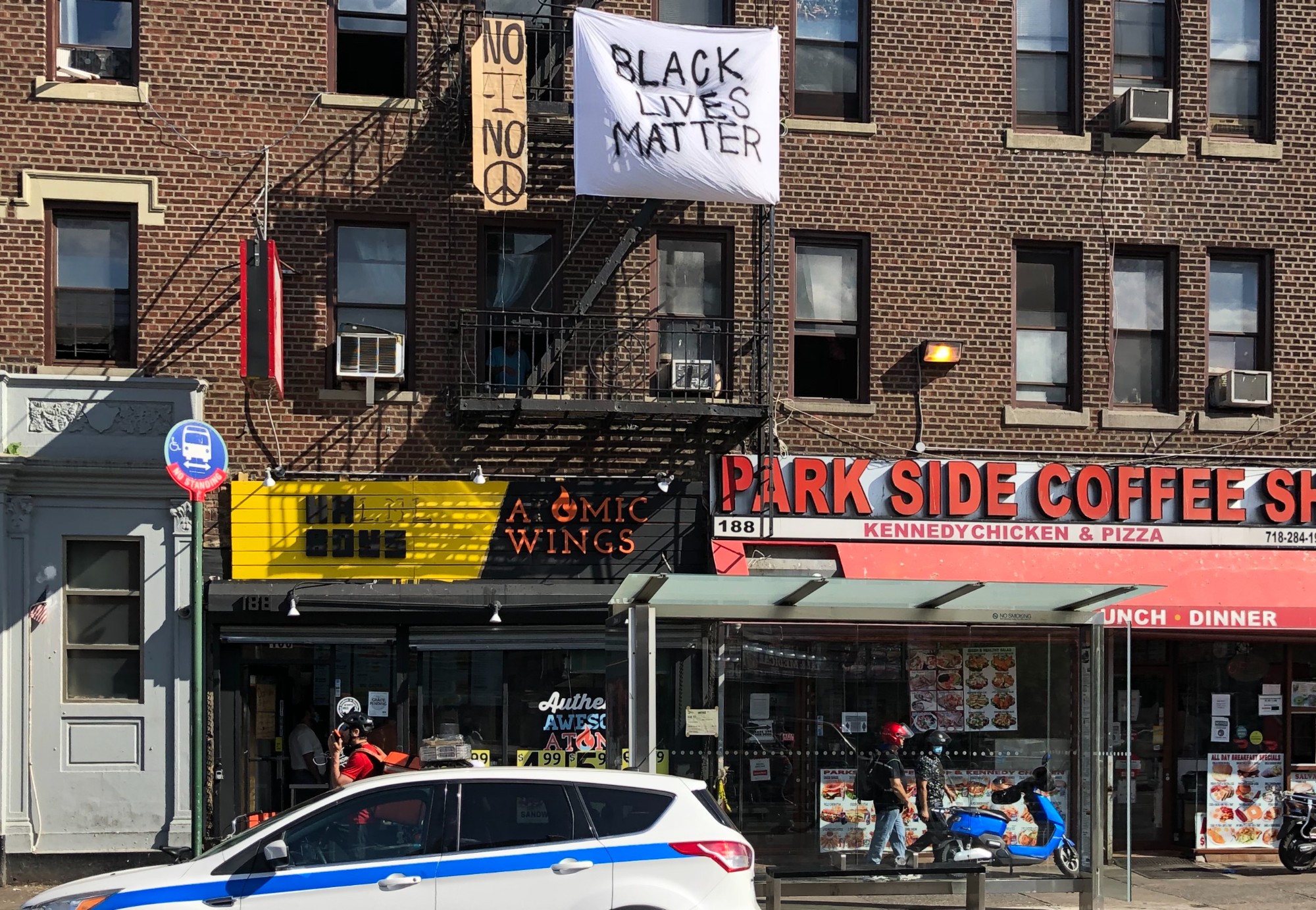Dear Friends,
We are in a profound moment. A moment of deepest grief, rage, fear, and ongoing trauma within our Black communities and across our nation. A moment punctuated by the images and live video streams of state-sanctioned violence against Black people but also underscored by the pervasive, structurally embedded inequities in their communities. This is compounded by a global pandemic that has laid bare all the ways in which a culture of systemic racism built on slavery, colonization, Jim Crow, and ongoing economic and social inequities and neglect continue to inflict massive harm. This moment also feels like we are possibly on the precipice of profound, long-fought-for changes. Our citizens are taking to the streets and chanting the names of the most recent victims of these centuries of violence: Ahmaud Arbery. Breonna Taylor. George Floyd. Sean Reed. Tony McDade. David McAtee.
We stand in solidarity with the Black community, today and every day. As a community of conflict resolution scholars and practitioners, we focus on conflict in all its forms. Conflict between individuals, in families, within communities, in schools, in organizations, in political structures and at our highest levels of government. During these times of rapid change, we recognize that there are many ways that our conflict resolution community can and is contributing. Each of our individual lifework is like one stream, and all streams flow into the broad river of structural changes towards social justice and equity. At this moment, there are many voices to channel, to uplift and to be heard. We recognize that many people are searching for answers, tools, educational resources and ways to connect their feelings and experiences with action.
In that spirit, we offer a list of resources to assist individuals and communities in approaching conversations about the deep, structural work that needs to be done together to advance racial equity. By offering these resources to you all, we hope to provide tools to support the recognition, acknowledgement, and the changes needed to repair harm and build a more just future together. This list of Dialogue Facilitation Organizations is a living document; please share with us any additional organizations and resources that need to be included. We recognize dialogue is only one tool among many and may not be the right one for every situation. We offer it now to add to your toolbox as you explore the most meaningful ways to navigate this time.
Any one person cannot do every single thing that needs to be done, but it will take every one of us to build a just and lasting peace.
In solidarity and warmth,
